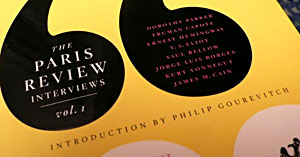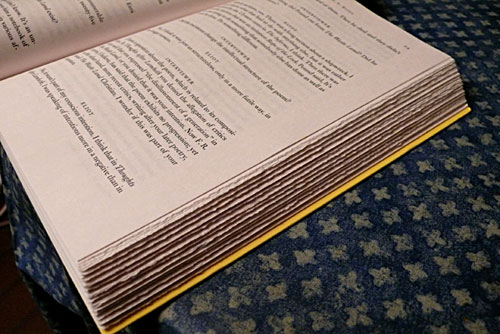Wow! Interesting New York Times report…
Microsoft was ordered by a federal jury yesterday to pay $1.52 billion in a patent dispute over the MP3 format, the technology at the heart of the digital music boom. If upheld on appeal, it would be the largest patent judgment on record.
The ruling, in Federal District Court in San Diego, was a victory for Alcatel-Lucent, the big networking equipment company. Its forebears include Bell Laboratories, which was involved in the development of MP3 almost two decades ago.
At issue is the way the Windows Media Player software from Microsoft plays audio files using MP3, the most common method of distributing music on the Internet. If the ruling stands, Apple and hundreds of other companies that make products that play MP3 files, including portable players, computers and software, could also face demands to pay royalties to Alcatel.
Microsoft and others have licensed MP3 — not from Alcatel-Lucent, but from a consortium led by the Fraunhofer Institute, a large German research organization that was involved, along with the French electronics company Thomson and Bell Labs, in the format’s development.
The current case turns on two patents that Alcatel claims were developed by Bell Labs before it joined with Fraunhofer to develop MP3…
I had always assumed that Fraunhofer owned all the relevant rights.
Suddenly Ogg Vorbis looks more interesting.



